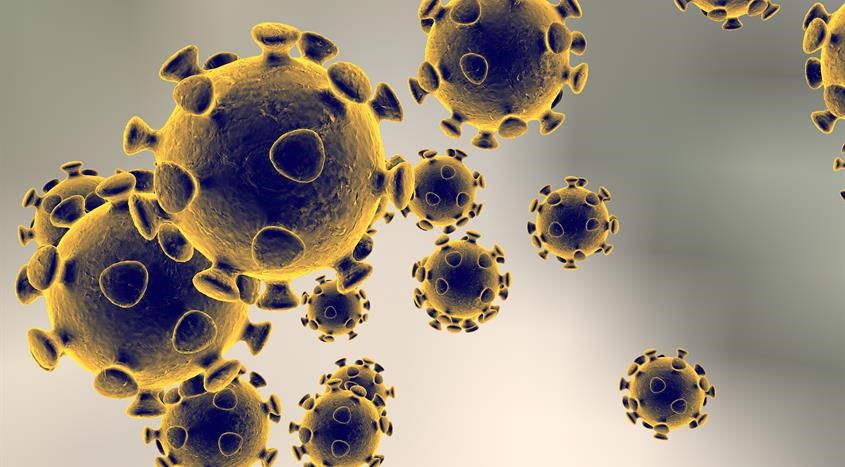Online racism and misinformation about the spread of coronavirus has led top national and provincial health officials to call for rational thinking from Canadians.
Canada’s Chief Public Health Officer Dr. Theresa Tam and the BC Centre for Disease Control (BCCDC) are calling out the acts of racism and the spread of misinformation on social media, related to the outbreak.
Tam said on Twitter she’s concerned about the growing number of reports of racism, as well as stigmatizing comments, on social media directed to people of Chinese and Asian descent.
The comments, said Tam, are “unacceptable and very hurtful.”
“These actions create a divide of us versus them,” she tweeted. “Canada is a country built on deep-rooted values of respect, diversity and inclusion.”
1/5 I am concerned about the growing number of reports of #racism and stigmatizing comments on social media directed to people of Chinese and Asian descent related to #2019nCOV #coronavirus. #EndStigma pic.twitter.com/xpueZTcNn9
— Dr. Theresa Tam (@CPHO_Canada) January 30, 2020
While it’s understandable that people’s fears increase during times like this, said Tam, everyone has a part to play in preventing the spread of coronavirus — and the Chinese community and all travellers from affected areas are a key part of these efforts.
Tam also called on Canadians to learn from our past experience with SARS.
During the 2002-2003 outbreak, South East Asians faced “significant racism and discrimination,” added Tam.
The BCCDC, meanwhile, took to Twitter to combat the spread of misinformation about how the virus is spread, and the effectiveness of wearing face masks — which the Richmond News has also previously reported on.
And earlier today, the News published a story about a Richmond man who was mistaken for a coronavirus victim by so-called “self-media” sites on Chinese-language social media platform WeChat.
A photo of the man wearing a face mask at Vancouver International Airport was taken and posted on Facebook, before spreading to various self-media sites.
“There are several misconceptions on social media around how coronavirus is spread,” said BCCDC in a tweet. “Please allow us to clear it up.
“Coronavirus is not something that people can get from casual contact. A person must be in close contact (within two metres) with somebody to be able to inhale those droplets if a person coughs or sneezes without cover, in front of them,” reads one tweet.
1/11 There are several misconceptions on social media currently around how #coronavirus is transmitted. Please allow us to clear it up. #2019nCoV
— BCCDC (@CDCofBC) January 30, 2020
While the droplets can fall to the ground after a sneeze and a person can touch them with their hands, the risk of transmission is low in this case, according to the agency.
Coronavirus also doesn’t pass through the skin.
Meanwhile face masks, said the agency, should be used by sick people to prevent transmission to other people, as it will help keep a person’s droplets in.
“It may be less effective to wear a mask in the community when a person is not sick themselves.”
A World Health Organization panel declared a “public health emergency of international concern” Thursday. To date, China has reported over 7,800 cases including 170 deaths.
Canada has three confirmed cases of coronavirus — two in Toronto and one in the Vancouver Coastal Health Region — which all originated in December, 2019 in Wuhan, China.
There are now 98 cases of the virus in countries outside of China, including the ones in Canada. Eight cases in four countries — the U.S., Vietnam, Germany and Japan — were spread via human-to-human transmission.



